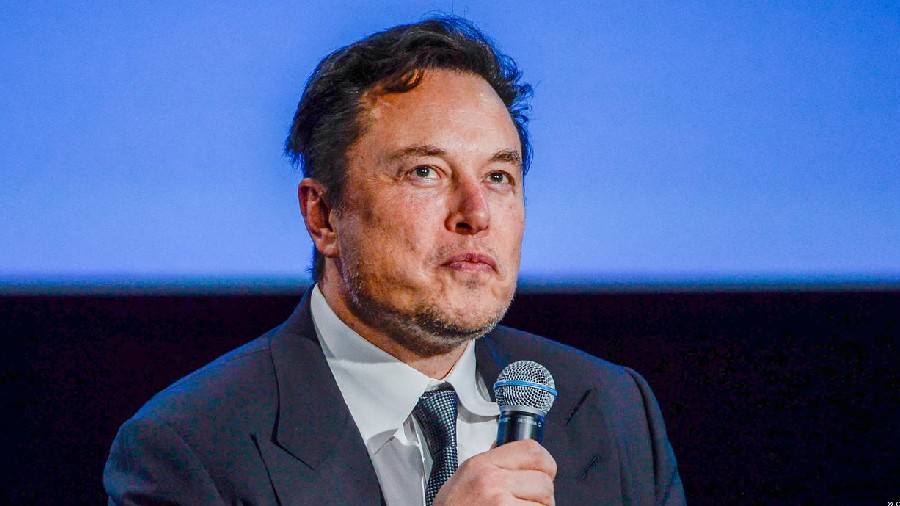Elon Musk said on Tuesday that he would resign as Twitter’s chief executive when he found “someone foolish enough to take the job”, two days after he had asked his 122 million Twitter followers whether he should step down as the leader of the social media site and a majority of respondents answered yes.
Musk, who bought Twitter for $44 billion in late October, asked his followers the question on Sunday night after facing a backlash for unpopular new content moderation policies and the seemingly capricious barring and reinstatement of high-profile users. Even some once-staunch supporters criticised his actions, calling his antics on the platform “the last straw”.
The survey attracted 17.5 million votes. Musk had said he would abide by the result, and more than 57 per cent agreed that he should step down.
But hours after the poll closed on Monday morning, Musk stayed silent. When he finally spoke up late on Monday, he did not directly address the survey result. Instead, he replied to Twitter users who cast doubt on the outcome and said Twitter would change its poll feature so that only people who paid for its subscription service would be allowed to vote.
Then late on Tuesday, Musk tweeted that he planned to resign after finding a successor as chief executive. “After that, I will just run the software & servers teams,” he said. Musk has based content moderation decisions at Twitter on past “polls”. But he has also made promises and predictions at his companies that he has failed to keep.
It is unclear how meaningful stepping down as chief executive would be. The billionaire owns Twitter, which he took private, and will remain its proprietor. On Sunday, he tweeted that he had no successor and suggested that there were no qualified candidates to lead Twitter.
“No one who wants the job can actually keep Twitter alive,” he posted.
As soon as Musk took ownership of Twitter on October 27, he fired its top executives. Other senior leaders have since been fired or resigned, leaving the executive suite vacant.
At his other companies, which include the electric automaker Tesla and the rocket maker SpaceX, Musk has sometimes appointed a key adviser to manage the business in his absence. At SpaceX, the task has fallen to Gwynne Shotwell, its president and chief operating officer.
At Twitter, Musk had opted to run the company himself. He has borrowed employees from his other companies, including Tesla and the Boring Company, a tunnelling startup, to join him.
New York Times News Service

